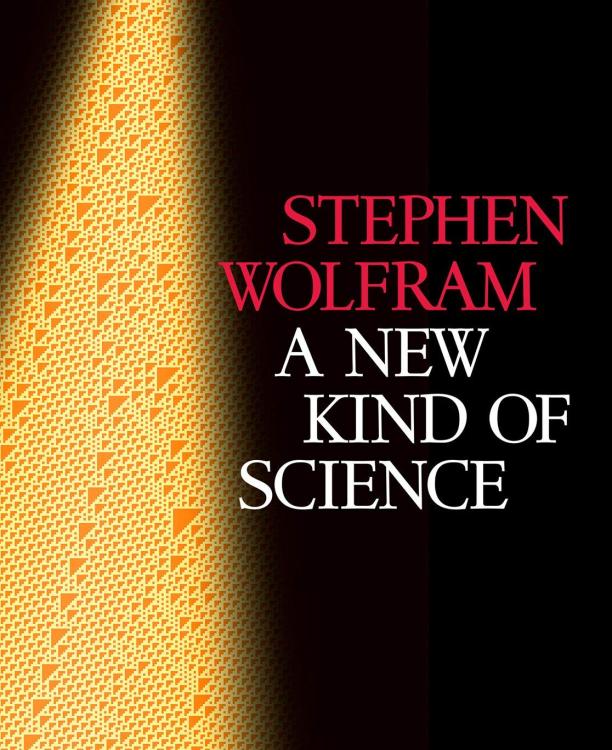Summary:
The book presents a thesis that complex systems and processes, including those in nature, can be modeled by simple computational programs known as cellular automata. It argues that the universe itself can be understood as operating like a vast, computational machine, challenging traditional mathematical and scientific approaches.
Key points:
1. Principle of Computational Equivalence: This principle states that most systems, simple or complex, perform equally sophisticated computations. It suggests that simple rules can lead to complex behavior.
Books similar to "A New Kind of Science":
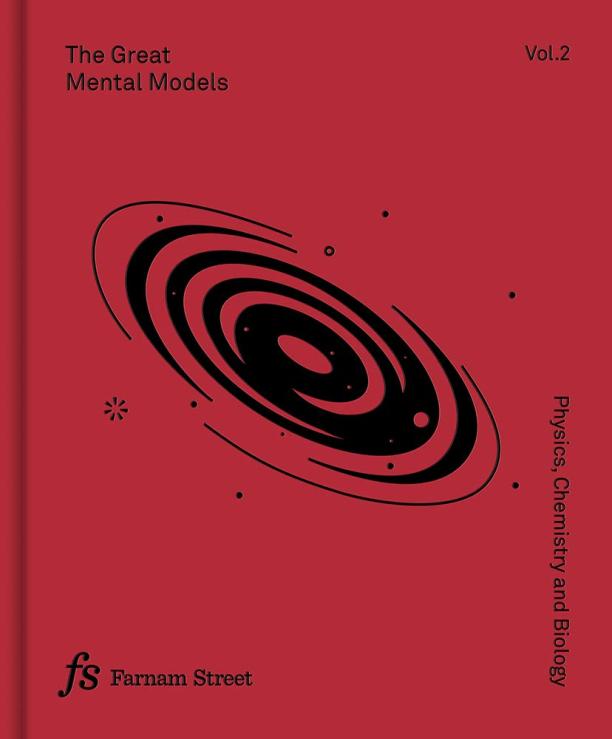
The Great Mental Models Volume 2
Shane Parrish|Rhiannon Beaubien

Introduction to the Theory of Computation
Michael Sipser

Turing's Cathedral
George Dyson
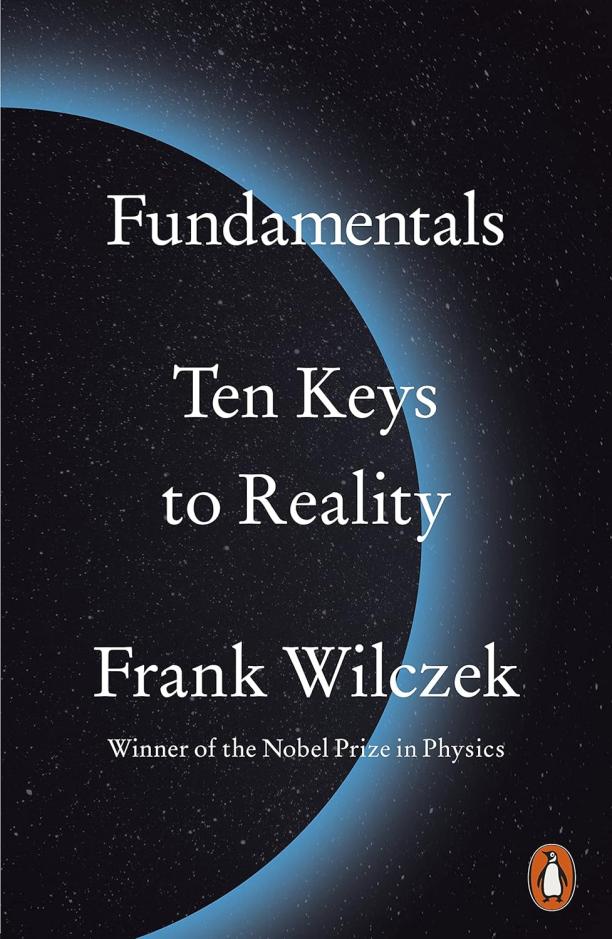
Fundamentals
Frank Wilczek

Hidden In Plain Sight 2
Andrew Thomas
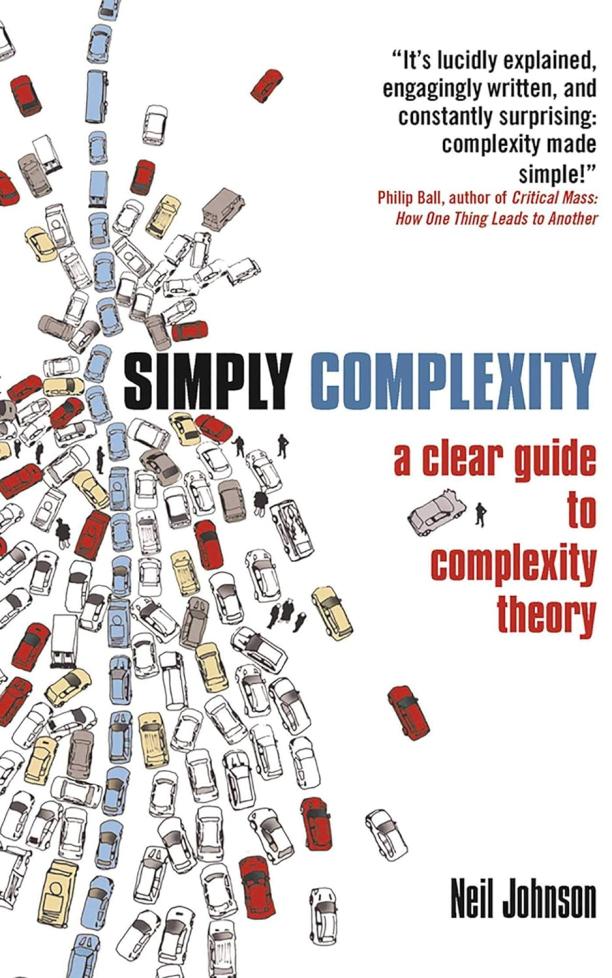
Simply Complexity
Neil F. Johnson
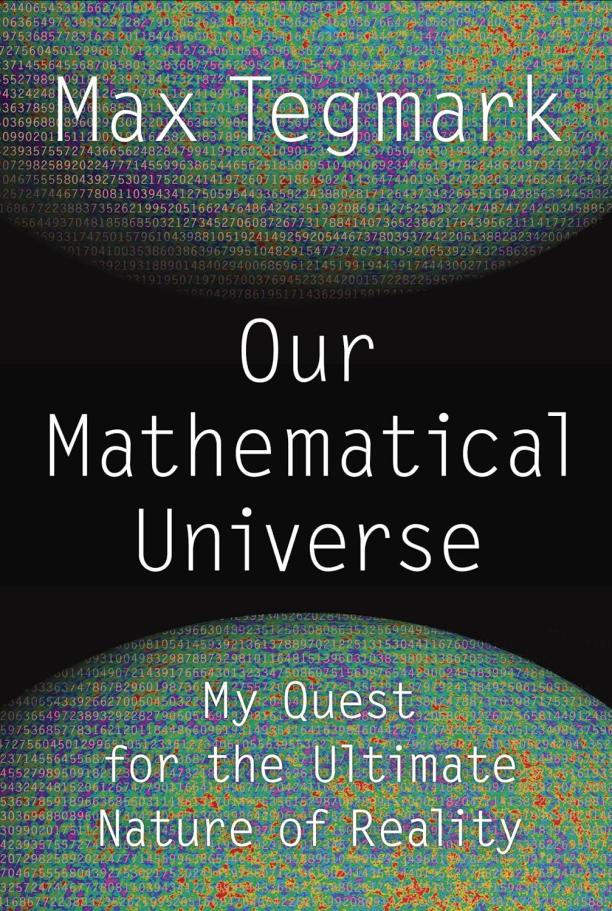
Our Mathematical Universe
Max Tegmark

When Computers Were Human
David Alan Grier
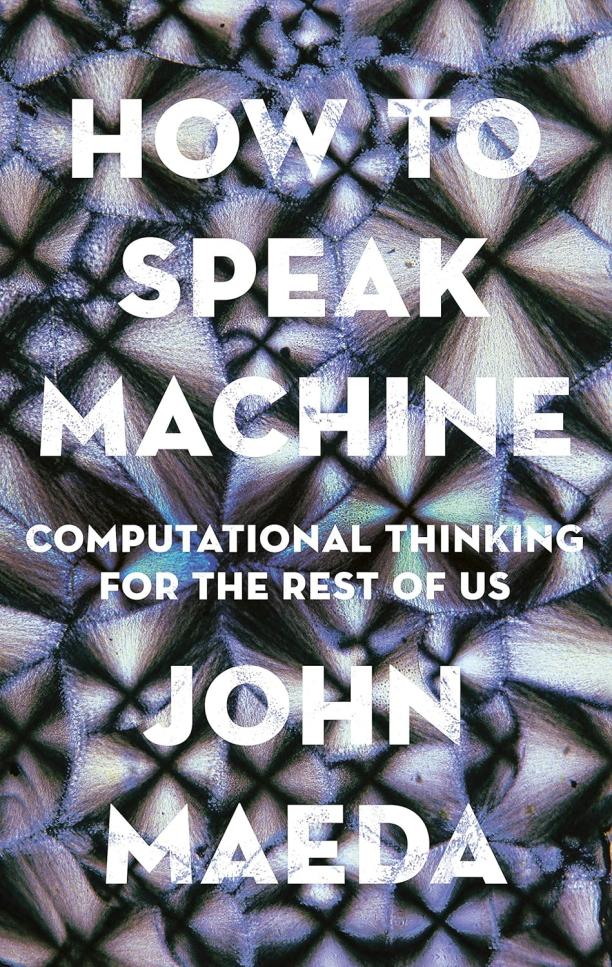
How to Speak Machine
John Maeda
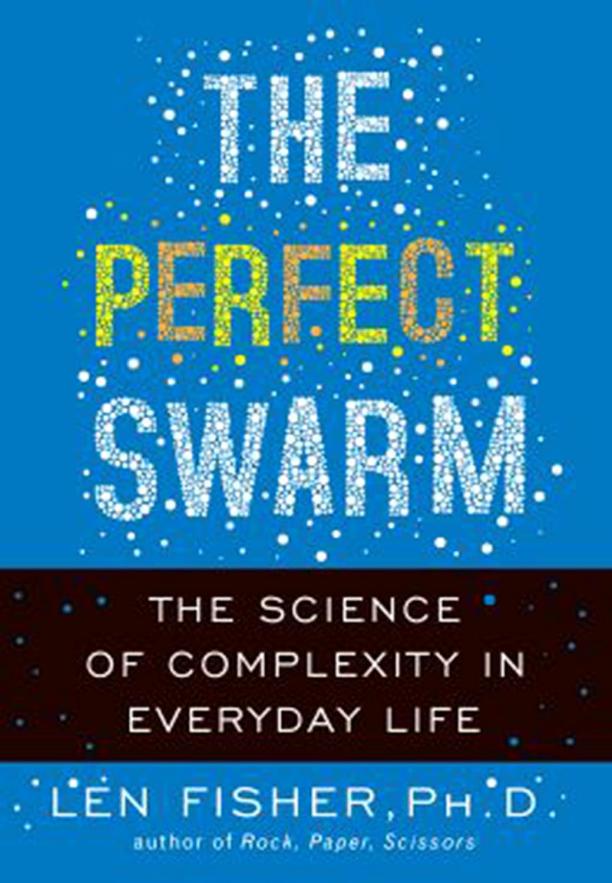
The Perfect Swarm
Len Fisher
